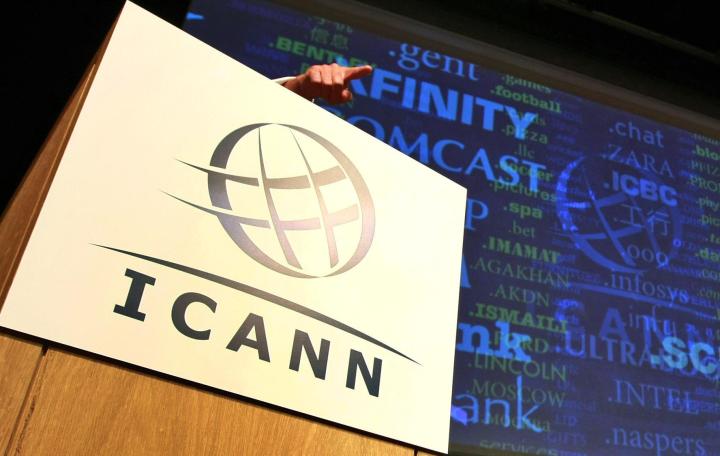
Kaveh Ranjbar is one of ICANN’s board members, and on Monday he missed his flight to Los Angeles because of the ban, according to a report from Motherboard. After consulting with the organization’s lawyers, he called his flight provider, and was promptly told that he would not be able to board.
“I have both Iranian and Dutch nationalities and passports and I even have a multiple-entry U.S. visa in my Dutch passport but apparently none of that matters!” wrote Ranjbar in a post published via Facebook. “Being born in Tehran means that at least for the next 90 days, I can’t get into the U.S.”
Ranjbar will miss the ICANN board workshop in Los Angeles, as well as a meeting of the Internet Engineering Task Force in Chicago where he was set to be appointed as the Interactive Advertising Bureau’s liaison to the IETF Administrative Oversight Committee. He will now attend these meetings remotely.
The travel ban isn’t just affecting people trying to get into the United States. Farzaneh Badiei is an Iranian-born associate researcher at the Georgia Institute of Technology, who serves as the chair of the noncommercial users constituency at ICANN, and she will reportedly be unable to attend the ICANN community forum scheduled to take place in Copenhagen, Denmark, in March.
Badiei came to the United States as a research scholar using a multiple entry visa in December 2016. Given the current situation, she’s concerned that if she left the country to attend one of her scheduled events, she would be barred from entry upon her return.
ICANN is working to find a solution that will ensure that its important work can go ahead as planned. While it would be an imperfect fix, there is now talk among ICANN members that conferences and meetings previously held within the United States may me moved to other countries.


